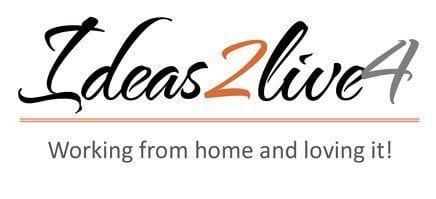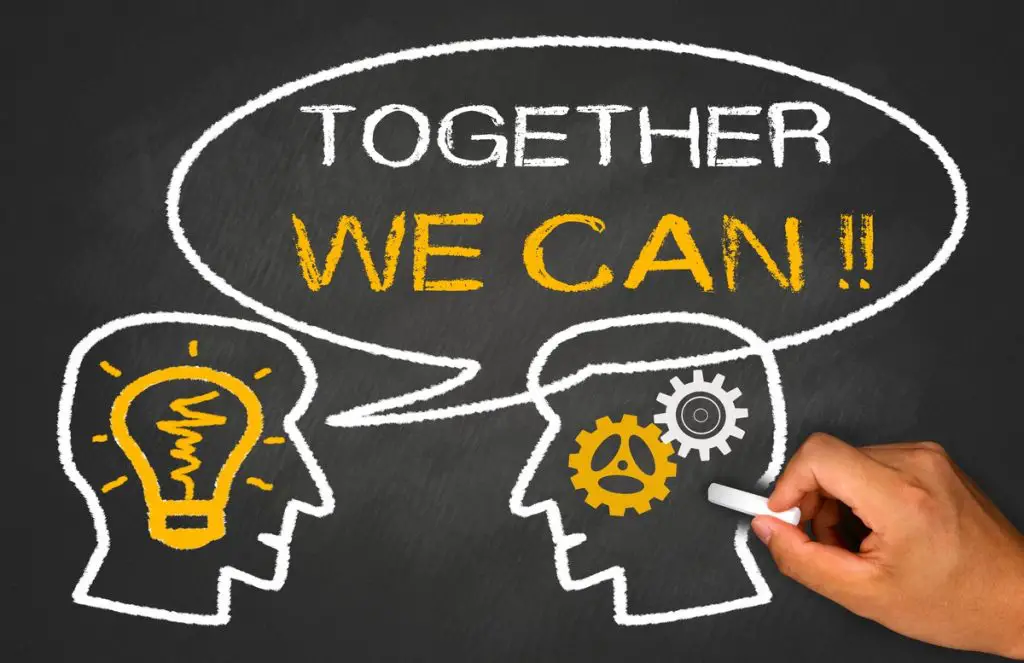The future belongs to small, innovative, agile entrepreneurs. Passion and perseverance will create many opportunities for those with their eyes and minds open. I came across this article from the Techstars blog. Given Techstars great track-record for bringing start-ups to market, I thought you might find it useful too.
Running a “city program” accelerator at Techstars LA, we can invest in any vertical – and there are several I’m tracking – but the real draw is always the team. So what makes a “great team”?
Below are seven characteristics of teams that I believe contribute to success.
Learning mindset
“That’s surprising. Tell me why you think that?”
A learning mindset, or as author Carol Dweck refers to it, a “growth mindset” is probably the single most important quality in an early stage founder. There is a close to zero percent chance that the plan you have today will be the best plan in six months. Therefore, only the people who are willing – eager – to learn and adapt will succeed.
Two CEOs in the Techstars Los Angeles 2017 class had multiple prior successful exits and decades of experience, and still showed up ready to ask questions and listen to feedback, including ideas from others younger and less experienced. That has allowed them access to great thinking from all around them and has strengthened their companies.

A learning mindset across a whole team is even more powerful. When the team is more interested in the best ideas rather than their own ideas, people can safely challenge each other, ask great questions and develop better solutions than they can individually. The value of a learning mindset increases exponentially when applied across a whole team.
Vulnerability
“I really screwed up.”
In this context, vulnerability is the willingness to be wrong and the willingness to expose your flaws and fears to your team and to the world. I saw this all over Techstars LA and would hope it was in part because we kicked off the program with a brutally honest talk I gave, called, “the five dumbest things I did as a founder.” There’s a shorter and somewhat sanitized version of this talk available here.
As Brene Brown describes in her excellent TED Talk on vulnerability, there’s great strength to be found here. And founders need the strength that comes from that vulnerability.
Grit
“Our first product flopped, so we talked to all our users to find out why and went back to square one.”
The ability to press forward in the face of unexpected obstacles is essential for the marathon of building a company. The innovative researcher Angela Duckworth termed this quality “grit” and founders must have this. Your co-founder will quit. Your MVP will fall flat. You will come close to running out of money, possibly many times. And you will need to go on and to innovate around the impossible obstacle. Again and again.
Grit sometimes looks annoyingly persistent. It looks aggressive. Sometimes it looks myopic and foolish. When it works, in hindsight it just looks like patience.
Obsession
“Everyone around us thinks we are crazy to still be doing this, but we can’t stop thinking about it.”
My mother was a literary agent and she used to advise people only to write professionally if they felt actually compelled to write – like there was no other choice. I feel the same way about founding teams. Is this team as a whole obsessed with the problem they are solving and the product they are building? Are they waking up in the middle of the night thinking about it? A shared obsession towards a purpose is the glue that binds together a group of different people and turns them into a team. And it’s what keeps them going when things become challenging.
Respect
“If we aren’t getting along and don’t feel like the rest of the team has our back, nothing else works.”
Respect for the people above all else is paramount. Nothing else is more important than the relationships between the team members. Last summer I watched a pair of co-founders diligently work through their personal relationship and invest a lot of time in listening to each other and talking about feelings. They negotiated their spheres of influence and worked through how to separate the personal relationship from the professional. Every minute they spent on this painstaking work, there were “more urgent” tasks calling them. This team came out of that process stronger and better able to address the big market opportunity in front of them. They were willing to “waste time” on things that didn’t feel urgent, for the long term health of their team.
Great teams know that the team has to come first, before the work, before even the customers. They respect the importance of the team and the value of each person.
Humor
We laughed a lot at Techstars LA in 2017. We put on dumb costumes, we sang in public, and we made fun of ourselves. Many different people brought the funny and helped us laugh even when we were exhausted. Humor, I think, breeds compassion and empathy and takes us out of our self-involvement. Look for that person who is going to bring the levity to your team. On my team, it’s Ethan Austin. Thanks, Ethan!

Empathy
“I see that my communication style isn’t working for you. Can you tell me more about that?”
Empathy is grounded in seeing and feeling things from the point of view of the other. “Become the other person and go from there,” the saying goes. I like to think about empathy as perspective, rather than feeling, although feelings are involved. It’s about working to turn the lens around so you see things differently, as someone else does.
Empathy allows us to learn from each other’s perspective and inspire one another to be better. When we are driven by empathy, our interactions become transformative, rather than transactional. The great thing about empathy is that it tends to spread and yes, you can get better at it. Empathy can be worked like a muscle. One simple exercise is active listening, but there are many others.

As we kick off the application period for Techstars LA 2018, the first hurdle is the what and the where: we’re looking for transformative ideas addressing large markets, built by teams with hard skills. But it’s the who and the why that really matter; teams with these seven qualities are where we’d like to invest.
Applications for Techstars LA are now open! If you are working on an exciting idea with a team that has these qualities, we’d love to hear from you!
 |
Anna Barber is the Managing Director of the Techstars Los Angeles Accelerator. She was most recently GM and VP at Fingerprint Digital, and previously was founder and CEO of Scribble Press, a corporate lawyer, a McKinsey consultant and a co-founder of the US Air Guitar Championships. She grew up in New York City but has been an Angeleno for 17 years and has no plans to ever leave. |






